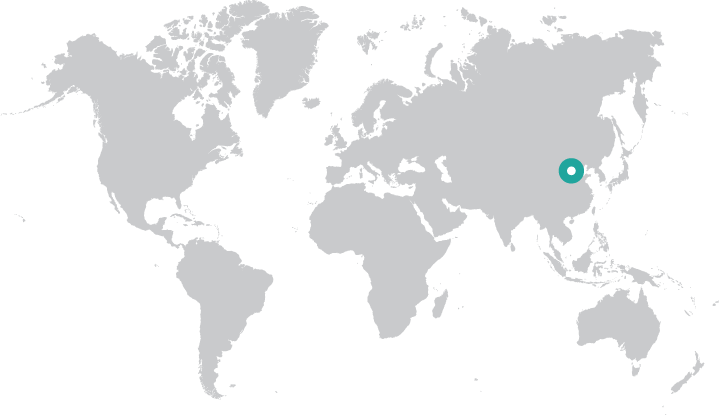China in the World

The Ford Foundation supports partners working to understand China’s impacts in the world and to strengthen mechanisms that ensure these impacts are equitable and sustainable. This includes fostering constructive US-China relations, researching the impacts of China’s global development activities, strengthening the ecosystem of impact investing and philanthropy in China.
The Challenge
United States and China relations are in a period of transition. The Ford Foundation is committed to working to shape a set of institutions and systems that advance constructive engagement and human dignity for all.
The Opportunity
Despite ongoing competition and conflict, there is an opportunity to support efforts that foster constructive US-China engagement. We also see an opportunity to strengthen domestic philanthropy and impact investing ecosystems in China, and to utilize research and data analysis to increase international understanding of China’s global development activities to ensure more equitable outcomes for Global South communities.
Our Aim and Approach
We aim to make China’s economic, political, and social impact in the world equitable and sustainable. We focus on four integrated approaches:
Strengthening the field of philanthropy
We have supported and strengthened the field of domestic philanthropy in China, through exchange, capacity-building, focused research, knowledge sharing, and more.
Fostering constructive US-China Engagement
We support research, exchanges, and dialogue to reimagine a constructive US-China engagement focused on fostering positive global governance.
Advocating for impact investing
We promote the benefits of impact investing to Chinese stakeholders in development finance to demonstrate innovative approaches that lead to more equitable social and financial returns in the Global South.
Understanding the impacts of China’s global development
We support research and data analysis to build international understanding of the impacts of China’s global development activities and to build the knowledge and agency of Global South communities in their engagements with China.
Our Impact
We aim to foster the field of philanthropy and impact investing in China, strengthen frameworks for constructive US-China engagement, and enhance understanding of China’s global development activities to ensure equitable impacts. We work toward advancing these important outcomes:
Impact investing will gain traction in China
Development finance institutions will consider impact investing an effective tool for driving both social and financial returns.
Domestic philanthropy will grow in China
The philanthropy ecosystem continues to strengthen through peer learning, research and analysis, and institutional capacity building.
A constructive framework for US-China engagement
A constructive framework for US-China engagement will emerge that addresses global governance issues.
More equitable global development impacts
There will be better research and data about the nature and scope of Chinese development finance in the Global South to inform international discourse, leading to more socially and environmentally sustainable impacts that are beneficial to Global South communities.
Portfolio Snapshot
Annual Budget$12 million
Build Budget$9 million
Build grantees16
Where this work is happening

Number of grantees80
Grantee Snapshot

Investing in key journalists
The China Office and the Office of Southern Africa jointly made a grant to the Africa-China Reporting Project at the University of Witwatersrand, which trained more than 40 African and Chinese journalists to conduct investigative journalism projects highlighting the complexity and nuance of China’s evolving role in the region. Our aim was to cultivate a cohort of journalists who write objectively and counter overly simplified narratives about China’s impact on Africa, including critical issues such as industrialization and digital technology. These investigations, many written by female and community-based journalists, have been published in Arabic, Chinese, English, and French. As a result, the complexity of China’s role in the region is understood more clearly.